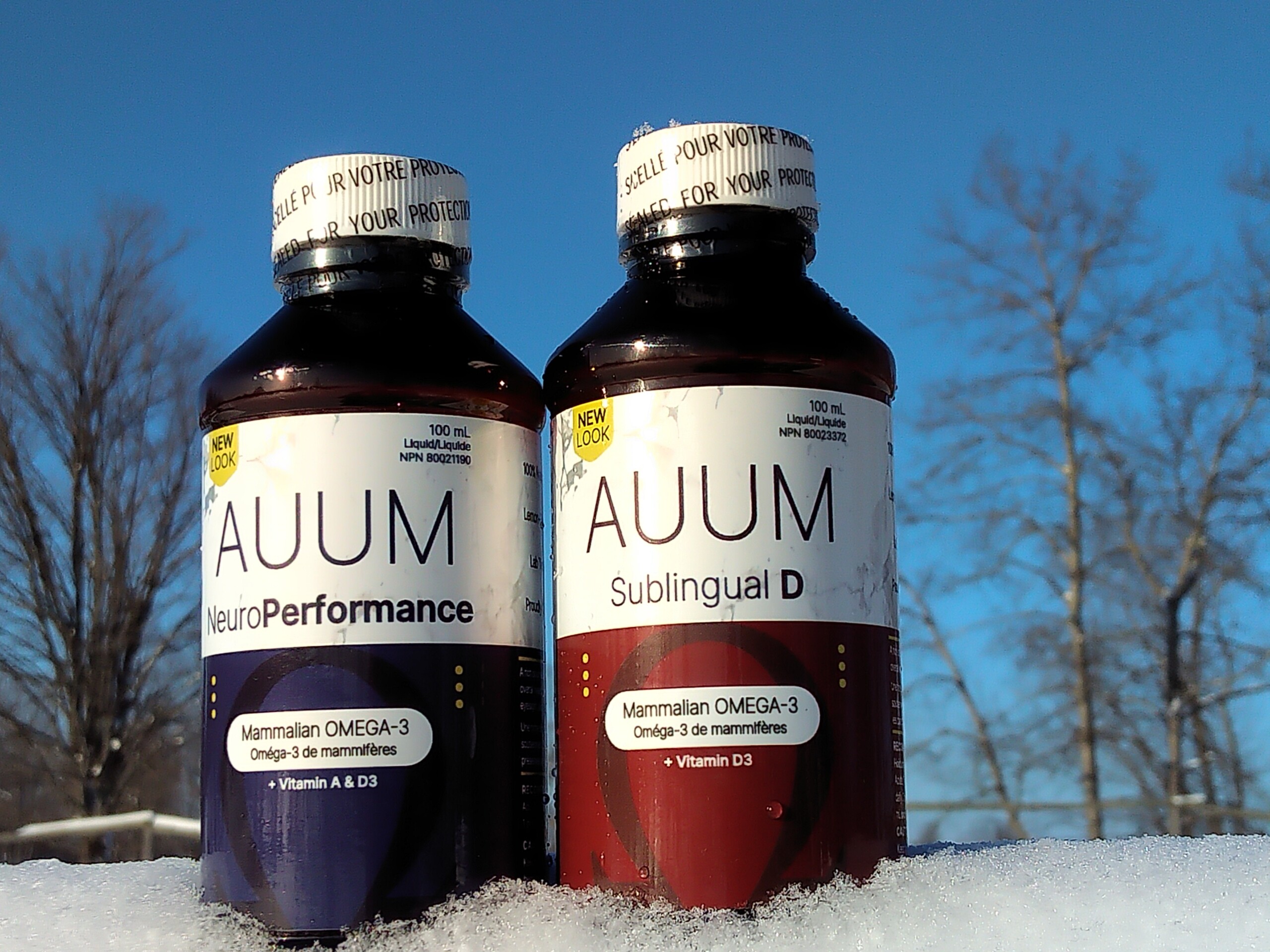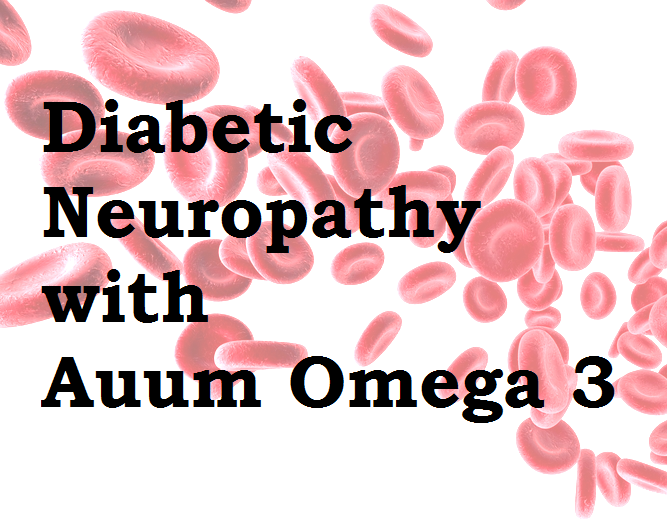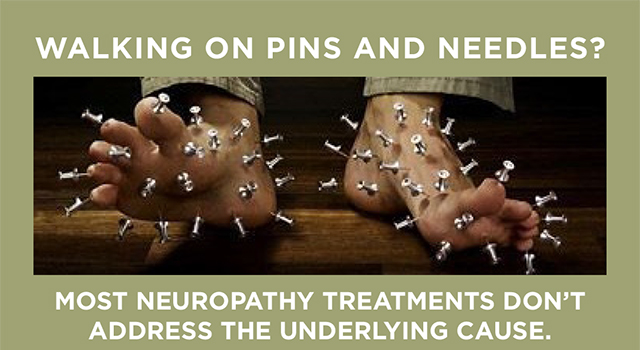Diabetes and Diabetic Neuropathy
Updated December 2019
This page focuses on the published research ’12 months of Auum Seal Oil Omega-3 Supplementation Stops the Progression of Diabetic Sensorimotor Polyneuropathy: Results from a Clinical Pilot Trial’ as posted in the Canadian Journal of Diabetes
PubMed Published Research May 2017 https://www.ncbi.nlm.nih.gov/pubmed/28515269
Published on Neurology June 2017 https://n.neurology.org/content/88/24/2294
PDF link with diabetic neuropathy as well as other research.
Introduction
An Auum Omega 3 product, was recently used in a research study – Diabetes Neuropathy (2014-15). Understanding diabetes is one thing, living with diabetes is yet another. The list of complications and diet restrictions seem to take away the fun in life, but they learn to manage the best they can and I am sure they still do have fun as there is more to life than food, and they are not alone. Diabetes Canada and others support people with diabetes by providing information and resources.
The unpublished results were shared on July 10, 2016, on The Effect of Mammalian Omega-3s on Diabetic Neuropathy, but now the trial analysis information is available for you to learn about the results (see below). There is currently NO nutritional intervention for diabetes and Diabetic Neuropathy – the medical focus only on insulin/blood sugar management and symptoms/pain management.
Take care of the nerves and the nerves will take of you!
NEUROPATHY, the debilitating complication due to nerve damage that affects 50% of persons with diabetes
Although there are pharmaceutical interventions to control blood sugar levels and to manage the pain from nerve damage, that is where it ends. There has been nothing clinically proven and available to stop or reverse the ongoing nerve damage.
 There is hope! Researchers at U of T and University Health Network completed a clinical study to test the effect of seal oil (Auum) omega-3s on the progression of neuropathy.
There is hope! Researchers at U of T and University Health Network completed a clinical study to test the effect of seal oil (Auum) omega-3s on the progression of neuropathy.
Our bodies are designed to absorb mammalian omega 3s sublingually. That means that in our mouth, our digestive enzymes begin to break down and absorb the omega 3s which leads to immediate absorption and availability of the omegas for use throughout our bodies. The balance of the omega 3s is easily digested in our small intestine.
There is currently NO nutritional intervention for Diabetic Neuropathy. The medical focuses only on insulin/glycemic and symptom/pain management.
Diabetes Neuropathy Clinical Study
Auum was the product sponsor for this Canadian Diabetes Association funded clinical trial that investigated if 12-months of seal oil supplementation could stop the progression of diabetic neuropathy. These individuals had Type 1 diabetes. Currently, there are no known interventions to stop the progression of nerve damage in diabetes.
Data collection for this trial was completed in 2016. The research team was very excited about the results of this groundbreaking study. Results were presented at National and International Conferences in July and September 2016.
Omega-3 polyunsaturated fatty acids (N-3 PUFA) are essential for the development and maintenance of nerves but were not yet investigated for their ability to stop the progression of DSP until this study.
Background:
Diabetic peripheral neuropathy (DSP) is the leading complication in diabetes mellitus (DM) for which there are currently no intervention therapies.
Methods: 
Individuals with type 1 (T1DM) and evidence of DSP as determined by a Toronto Clinical Neuropathy Score (TCNS)≥1 were recruited to participate in an open-label trial of seal oil N-3 PUFA supplementation provided by Auum (10 mL.d-1; 750 mg EPA, 560 mg DPA and 1020 mg DHA) for 1 year (NCT02034266). The primary outcome was the 1-year change in CNFL, and secondary outcomes included gold-standard clinic tests.
Results:
Forty participants (53% female), aged 48±14, BMI 28.1±5.8 with diabetes duration of 27±18 years were enrolled in the trial. At baseline, 27 participants had clinical DSP and 7 were at risk for future DSP. After 12 months,
Corneal nerve fiber length (CNFL) was measured in vivo as a biomarker for DSP onset and progression. An annual CNFL change of -1.6% (shortening) in type 1 diabetes mellitus, while healthy controls change +5% (growth). This double-blinded study result showed a Baseline CNFL was 8.3±2.9 mm/mm2 and increased 29% to 10.1±3.7 mm/mm2 (p=0.006).
Conclusion:
These findings show that 12 months of seal oil supplementation can stop the progression of DSP measured by CNFL. N-3 supplementation could be a targeted nutritional therapy to address small nerve fiber damage in DSP.
PubMed Abstract on DSP and PDN
‘Choosing drugs for the treatment of diabetic neuropathy.’
Alabdali M1, Qrimli M, Barnett C, Abraham A, Breiner A, Katzberg HD, Aljaafari D, Albulaihe H, Perkins BA, Bril V.
Introduction:
Diabetic sensorimotor polyneuropathy (DSP) affects 50% of diabetes patients and is painful in about 26%. Although disease-modifying therapies are not available for DSP, symptomatic treatments for painful diabetic neuropathy (PDN) are effective.
Areas Covered:
We performed a MEDLINE search on PubMed using the search terms: treatment diabetic neuropathy and treatment PDN. This review outlines the problem posed by DSP, the clinical presentation, and the characterization of PDN. A discussion of disease-modifying interventions, including the benefits of strict glycemic control, is followed by a focus on interventions for PDN including antidepressants, anticonvulsants, and other treatments.
Expert Opinion:
Disease modification in DSP remains an unmet need in clinical medicine affecting a large percentage of the population with concomitant healthcare costs. Strict glycemic control and attention to potential risk factors such as hypertension, hyperlipidemia, and obesity may minimize DSP. Many patients benefit from the treatment of their painful symptoms with anticonvulsants or antidepressants, but all are associated with significant side effects that limit their usefulness. There is a need for treatments of PDN with fewer side effects and more effective pain relief.
Diabetes Complications
Diabetes does cause diabetic neuropathy or nerve damage but diabetes also includes these complications:
- Anxiety
- Celiac Disease
- Depression
- Diabetes and Your Emotions
- Eating Disorders
- Eye Damage (Diabetic Retinopathy)
- Heart Disease and Stroke
- High Blood Pressure
- Kidney Disease
- Men’s Sexual Health
- Nerve Damage or Diabetic Peripheral Neuropathy
Type 2 diabetes is a disease in which your pancreas does not produce enough insulin, or your body does not properly use the insulin it makes. As a result, glucose (sugar) builds up in your blood instead of being used for energy. Diabetes.ca
For over 15 years, I participated on the Corporate Stationary Bike-a-thon volunteer committee for the Juvenile Diabetes Foundation. I also participated for one year on the Toronto Board before they changed gears from JDF to JDRF. Diabetes seemed to me to be a very good cause due to all the complications (including diabetic neuropathy) and talk of a shorten lifespan. At the time, I worked at Weston Foods Limited and a number of the executives were big supporters. Now, many of my relatives have Type 2 diabetes including my father and there are healthier and sustainable ways to work with diabetic neuropathy and complications one of which is Auum Omega 3 oils. — Cheryl Millett, For Your Better Health
Type 1 diabetes is a disease in which the pancreas does not produce any insulin. Insulin is a hormone that helps your body to control the level of glucose (sugar) in your blood. Without insulin, glucose builds up in your blood instead of being used for energy. Diabetes.ca
Keywords:
diabetic neuropathy; drug; painful diabetic neuropathy; treatment
Link: https://www.ncbi.nlm.nih.gov/pubmed/26161591
According to the American Diabetes Association, diabetes is the 7th leading cause of death in the United States, approximately 9.3% of the population had diabetes in 2012.
For other Omega-3 research:
https://cherylmillett.com/auum-study-link-resources-for-holistic-practitioners/
BUY Auum Omega 3 Products to help you.





